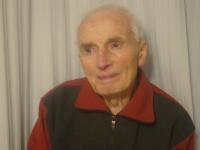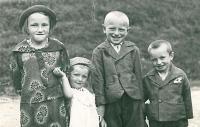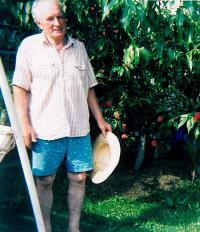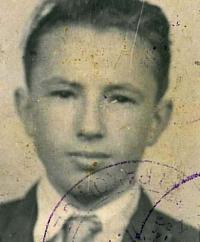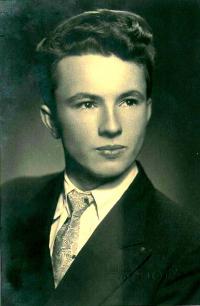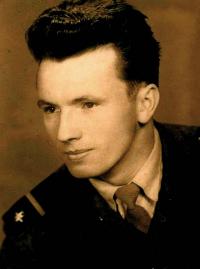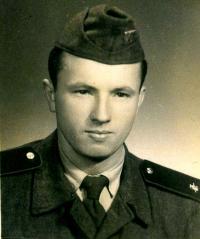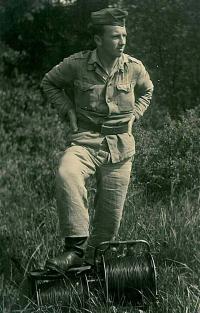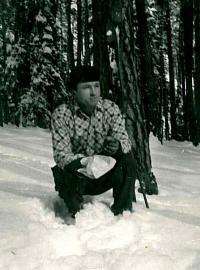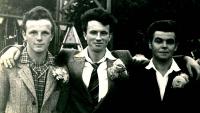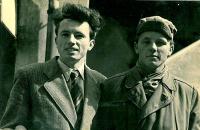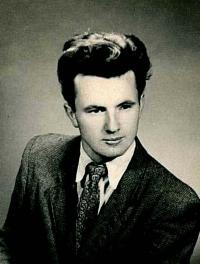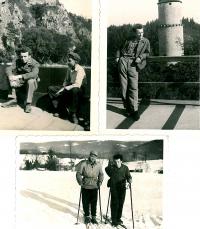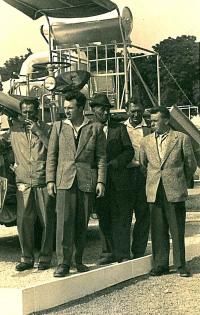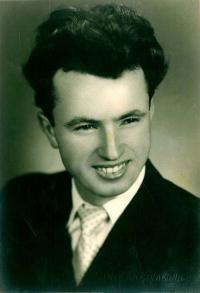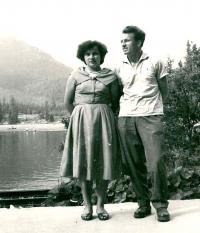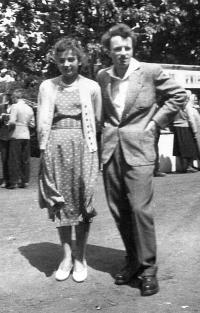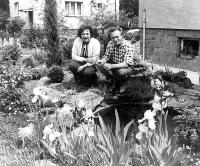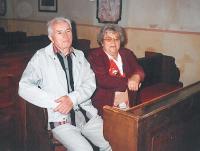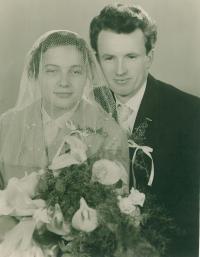We were better off than people in the city because even city people came to us

Stáhnout obrázek
Jaroslav Bílek was born on 30 November 1933 in Kapsova Lhota near Strakonice in former Czechoslovakia. His father worked at the local Impregna factory and his mother was a housewife. Jaroslav Bílek had three other siblings. He witnessed the period of the Protectorate of Bohemia and Moravia in Kapsova Lhota and Strakonice, and he remembers the regional events connected to World War II. After completing elementary school and town school (lower and upper primary education), he trained at the Czech Arms Works in Strakonice and then worked at a local company, STS. He underwent military service in Karlovy Vary. In 1967 he moved from Kapsova Lhota to Katovice, where he and his wife live to this day.
